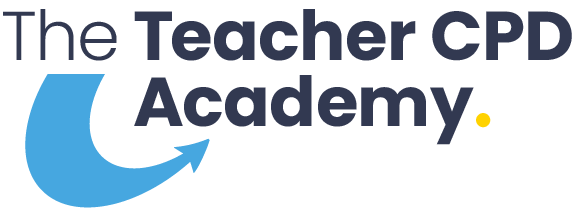Designed by us, delivered by you

The CPD Suite is a ready-to-use professional development toolkit to help you facilitate high-quality, evidence-informed training.
PowerPoint Slides
Presenter Notes
Printable Handouts
Additional resources
The presentations are editable for you to adapt to your own context and the handouts can be distributed to staff and contain key information. Additional resources include links to other resources on the Teacher CPD Academy – video clips, articles and longer courses – which you can share with staff after the session.
________________________________________________________
___________________________________________________________________________________
__________________________________________________________________________________________________________________
______________________________________________________________________________________________________________________________
___________________________________________________________________________________
Adaptive Teaching
Adaptive teaching is where a teacher adapts their instruction to meet the needs of all learners. This session gives practical, evidence-informed examples of how adaptive teaching can be used to modify common teaching strategies such as explanations, modelling, practice, questioning and Retrieval Practice.
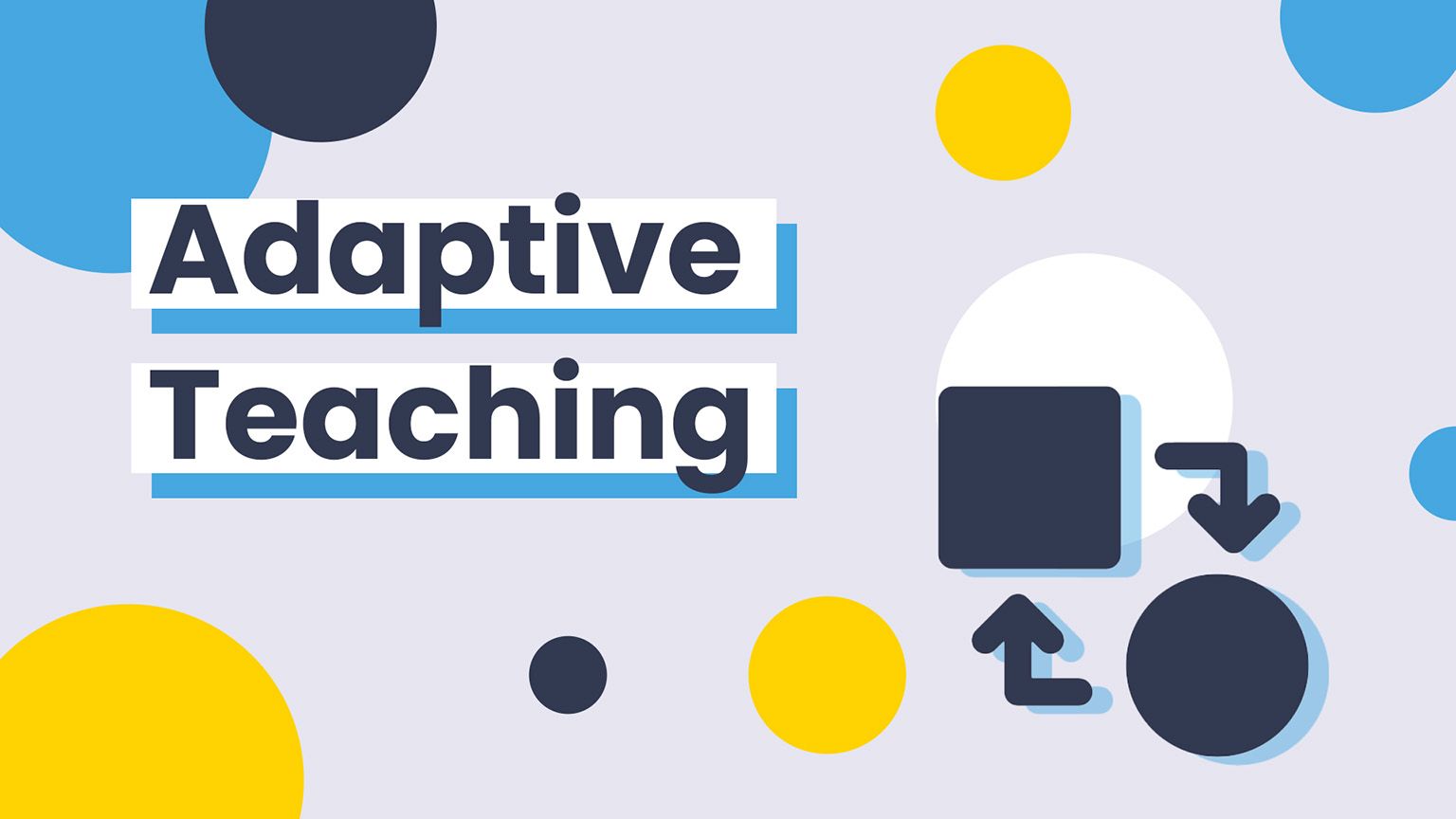
__________________________________________________________________________________________________________________
___________________________________________________________________________________
___________________________________________________________________________________
________________________________________________________
______________________________________________________________________________________________________________________________
Relationships & Behaviour
Behaviour impacts a wide range of areas of school or college life from student attainment to teacher wellbeing and job satisfaction. This session covers 12 evidence-based strategies to develop effective relationships between staff and students and build a powerful behaviour culture. These strategies include narrating positive behaviour, purposeful circulation, least invasive intervention and powerful praise.
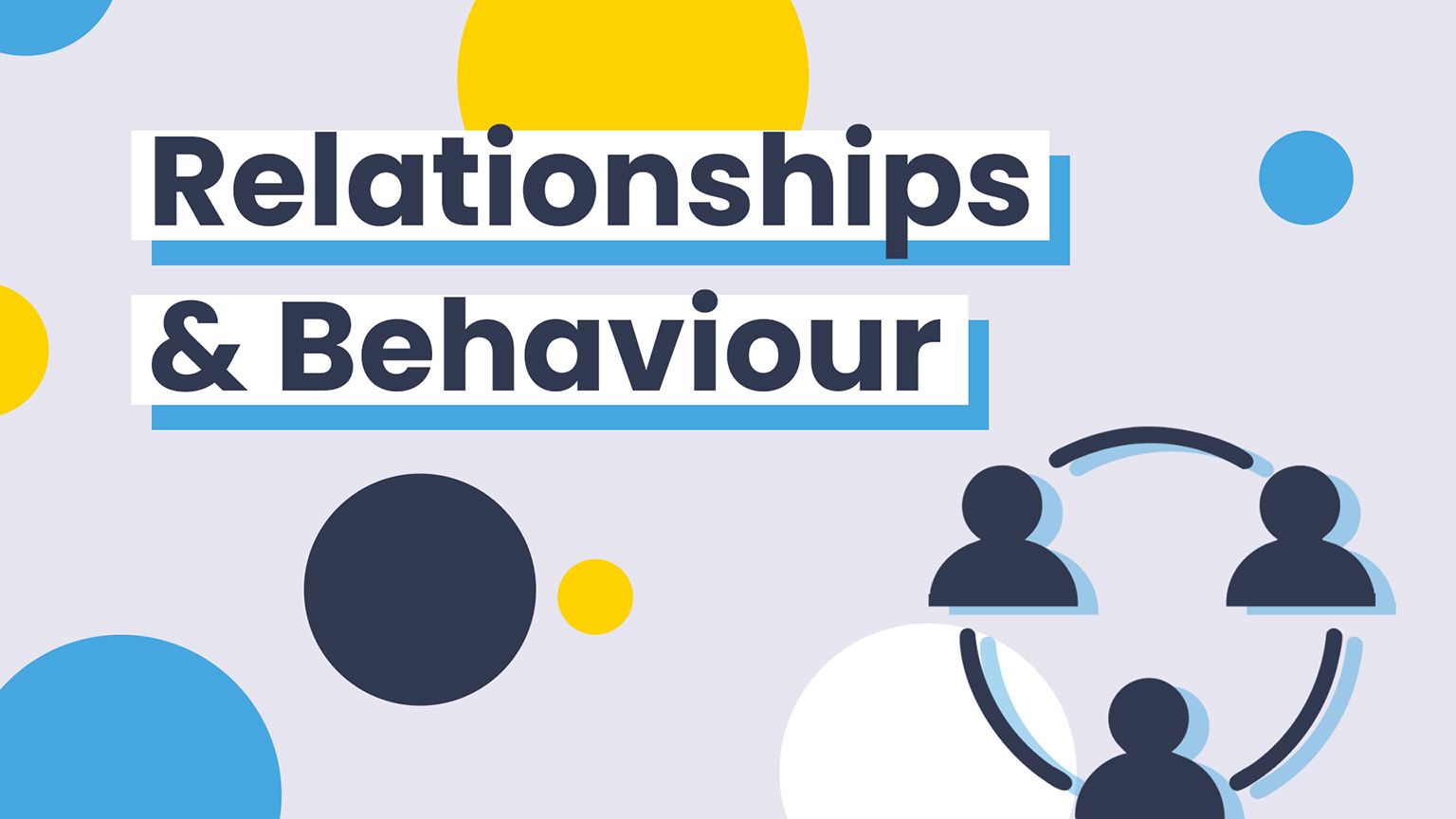
______________________________________________________________________________________________________________________________
__________________________________________________________________________________________________________________
___________________________________________________________________________________
___________________________________________________________________________________
________________________________________________________
Learning Intentions & Prior Knowledge
Learning intentions are statements of what students are expected to learn. This includes what students will achieve, know, or be able to do after the completion of a lesson or unit of learning. Setting appropriate learning intentions requires assessment of students’ prior knowledge. This session covers the how to set specific and consistent learning intentions, the importance of prior knowledge and ways in which you can both assess and consolidate prior knowledge in your teaching.
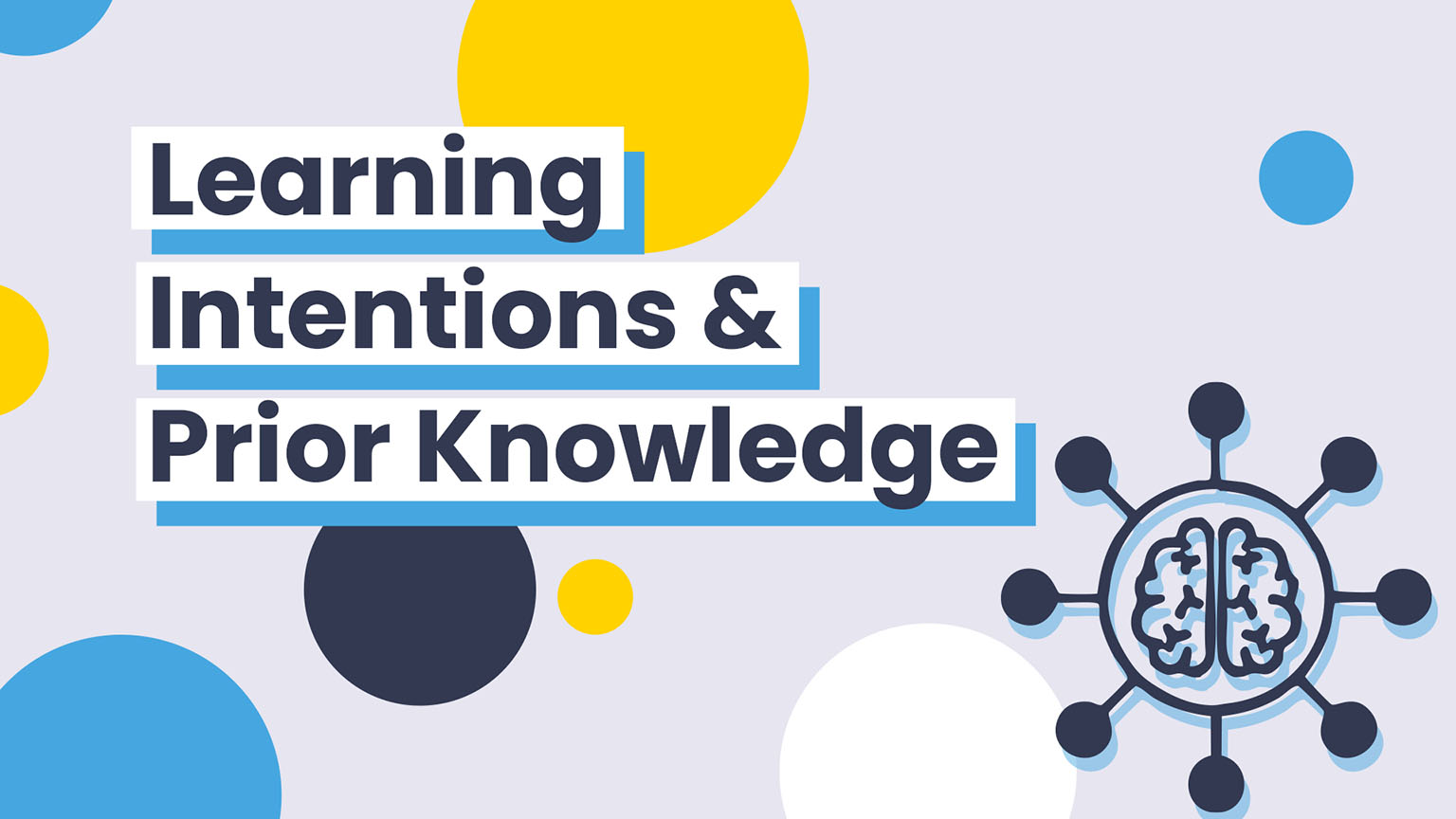
______________________________________________________________________________________________________________________________
__________________________________________________________________________________________________________________
___________________________________________________________________________________
___________________________________________________________________________________
________________________________________________________
Feedback
Feedback has the potential to be one of the best methods for moving learning forward but unfortunately, many feedback interventions are not effective. This session covers 8 evidence-based strategies to ensure that your feedback is effective and helps your students to make progress. This includes looking at how feedback should be actionable, the timing of feedback as well as the use of written and verbal feedback.

______________________________________________________________________________________________________________________________
__________________________________________________________________________________________________________________
___________________________________________________________________________________
___________________________________________________________________________________
________________________________________________________
Effective Explanations
Explanations are a key component of our teaching repertoire. But how do you ensure that your explanations are effective and maximise student learning? This session covers 11 evidence-based strategies for delivering effective explanations, including directing student attention, examples and non-examples and linking to prior knowledge.
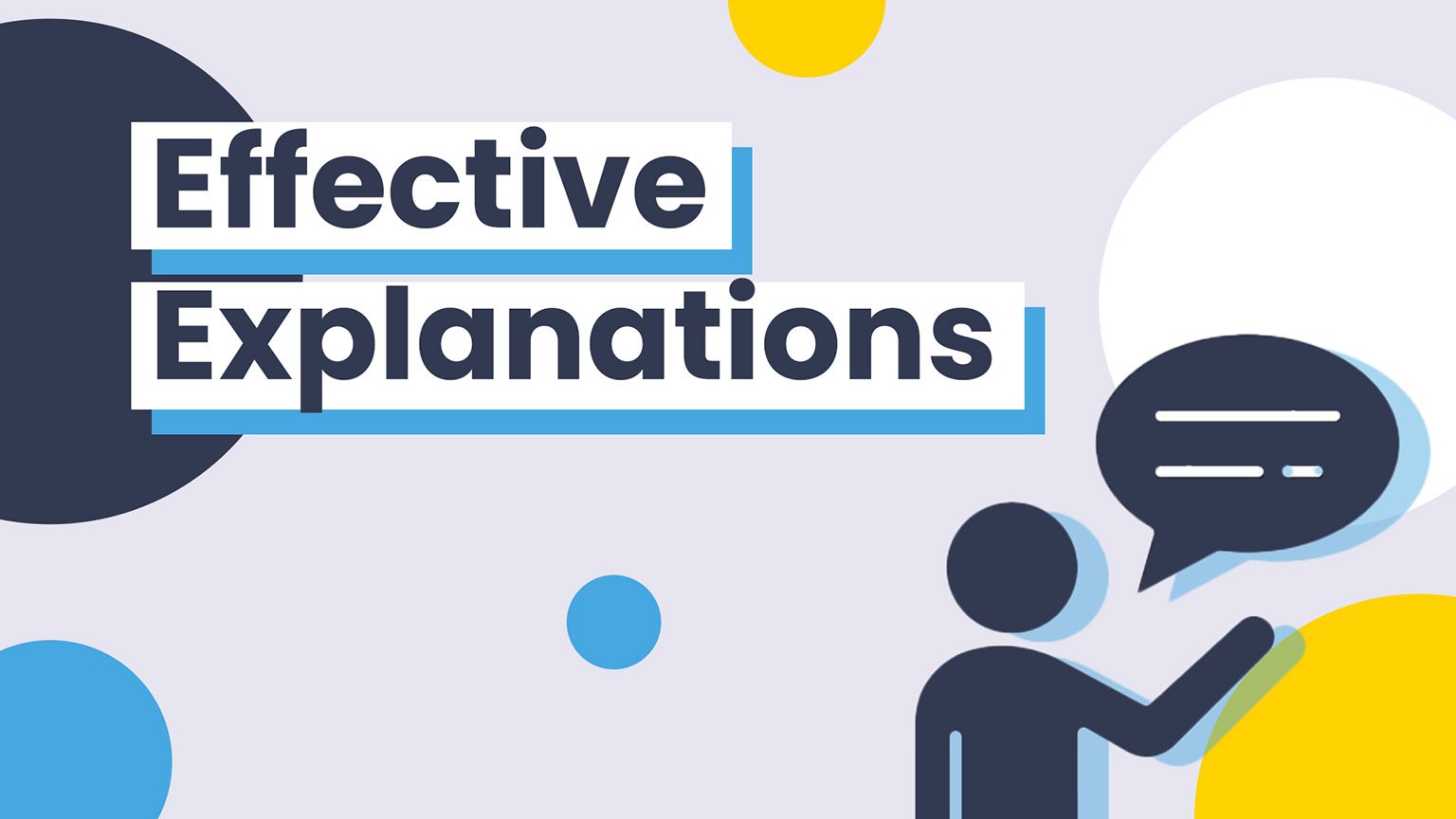
________________________________________________________
___________________________________________________________________________________
___________________________________________________________________________________
__________________________________________________________________________________________________________________
______________________________________________________________________________________________________________________________
Modelling
During modelling, a teacher demonstrates a new concept or approach. This is particularly important when students are expected to carry out a complex task. Done well, modelling can ensure that students can successfully complete independent practice. This session covers 8 evidence-based strategies for effective modelling including verbalising your thinking, preventing transitive models and worked examples.

________________________________________________________
___________________________________________________________________________________
__________________________________________________________________________________________________________________
___________________________________________________________________________________
______________________________________________________________________________________________________________________________
Questioning & Checking for Understanding
Every teacher asks a large number of questions in every lesson. But how do we ensure that these questions are maximising student thinking? This session covers 12 evidence-based strategies to improve your questioning in lessons including Cold-Calling, how to respond to ‘I don’t know’ and different types of questions.
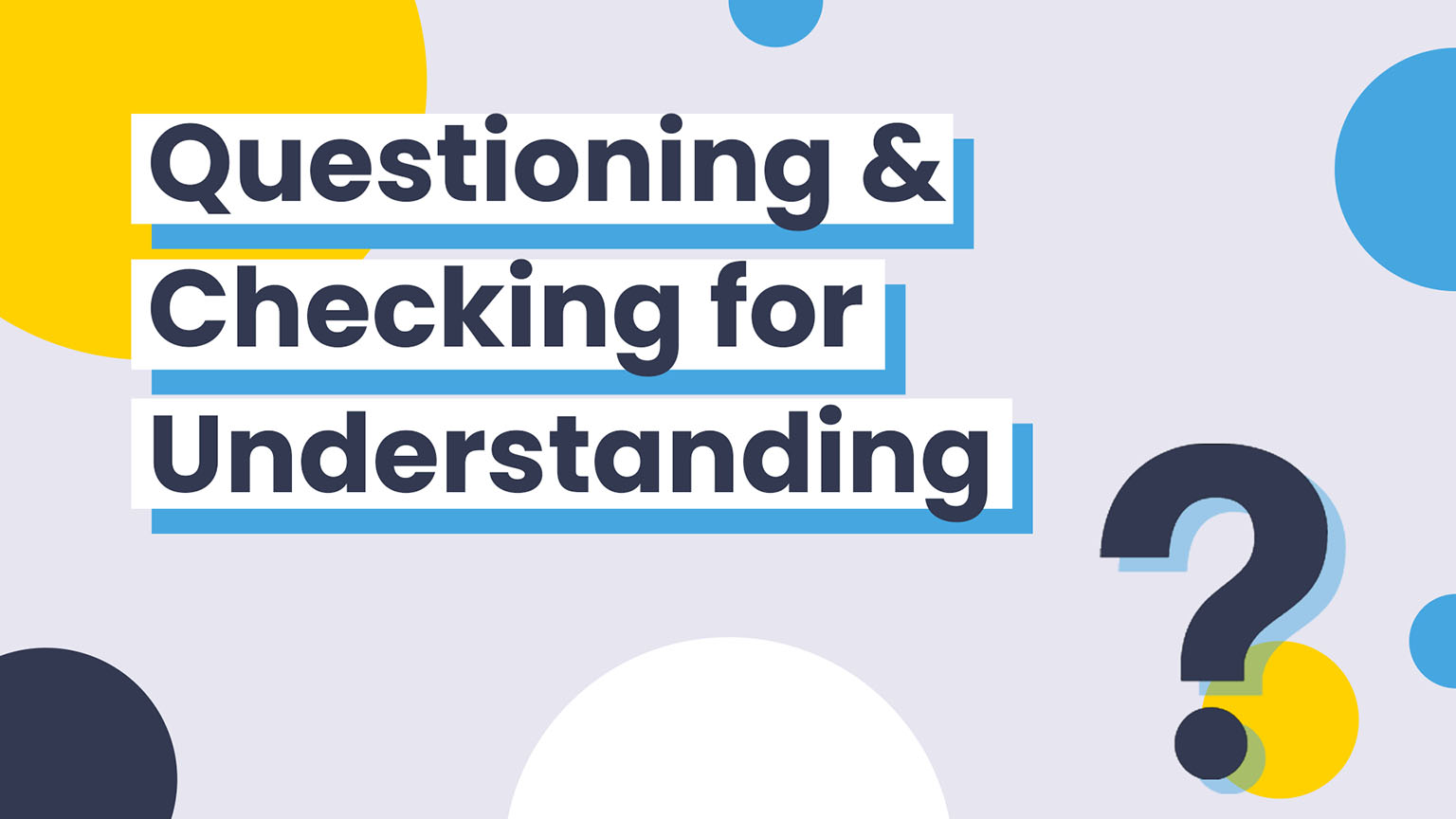
___________________________________________________________________________________
___________________________________________________________________________________
__________________________________________________________________________________________________________________
________________________________________________________
______________________________________________________________________________________________________________________________
Practice & Scaffolding
Scaffolding is support that helps learners to solve a problem or complete a task that they would not be able to complete independently. Combining scaffolding with practice enables teachers to gradually remove scaffolds so that learners can solve problems independently. This session covers 10 evidence-based strategies for incorporating scaffolding and practice into lessons including transfer tasks, guided practice and guidance fading.

___________________________________________________________________________________
__________________________________________________________________________________________________________________
_____________________________________________________________________________________
________________________________________________________
______________________________________________________________________________________________________________________________
Retrieval Practice
Retrieval Practice, or testing yourself on content, is one of the best bets for learning. But how can we effectively embed Retrieval Practice into our lessons? This session covers 12 evidence-based strategies for incorporating Retrieval Practice into your teaching including the difference between factual and higher order retrieval, low stakes retrieval and the value of feedback.
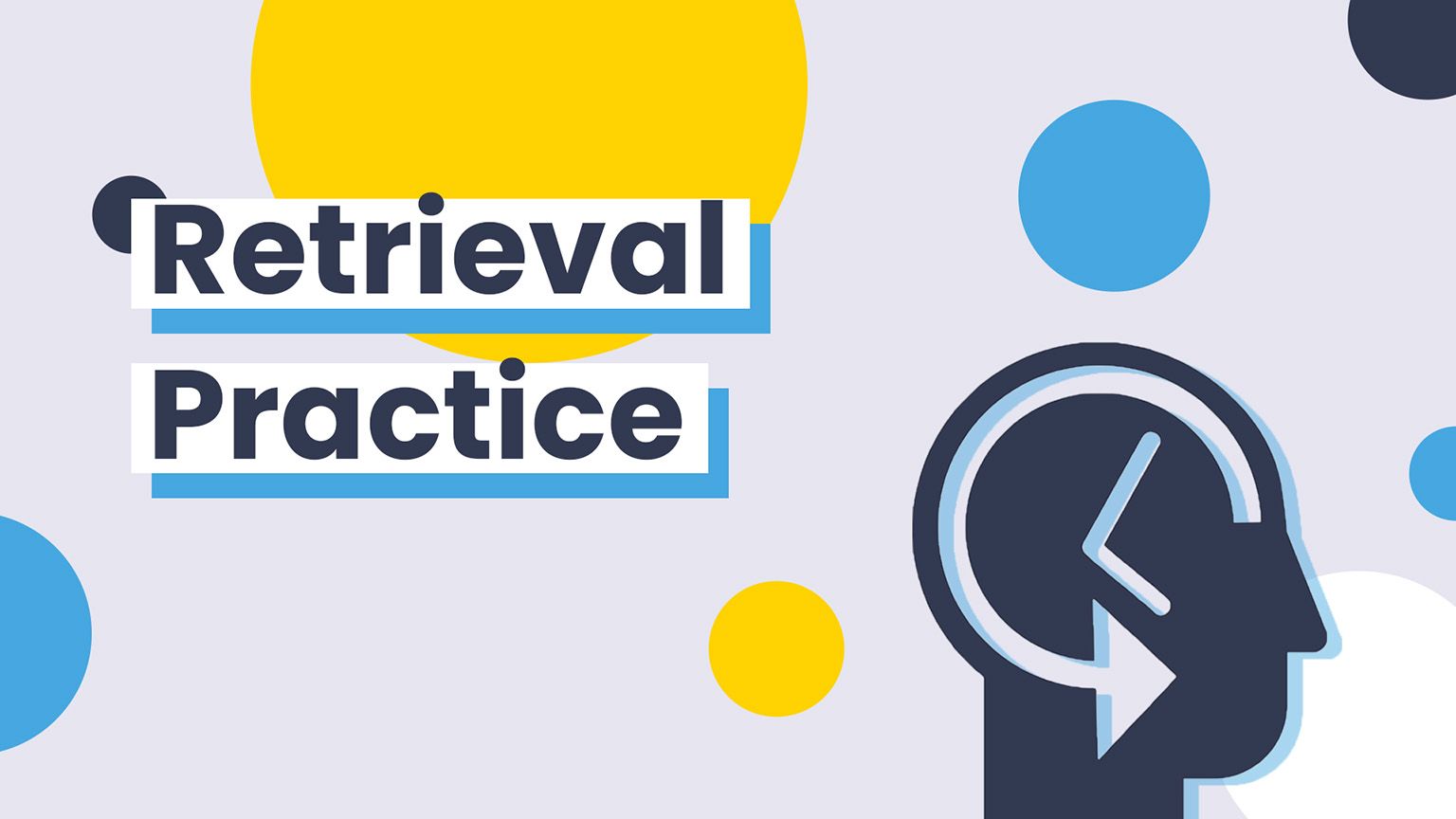

Created by InnerDrive, a UK based company delivering high-quality training, based on Cognitive Science research.
Please fill the form in below and we will get back to you as soon as we can. We look forward to hearing from you!
Please fill the form in below and we will get back to you as soon as we can. We look forward to hearing from you!
Please fill the form in below and we will get back to you as soon as we can. We look forward to hearing from you!
Please fill the form in below and we will get back to you as soon as we can. We look forward to hearing from you!
Write your awesome label here.
Cognitive Load Theory
Cognitive Load Theory highlights that all information first has to go through our working memory, which has a limited capacity. Too much information can overload students' brain, which can hinder or even completely halt transfer to their long-term memory – which is where learning happens.
